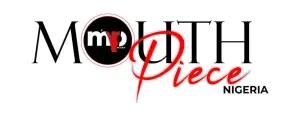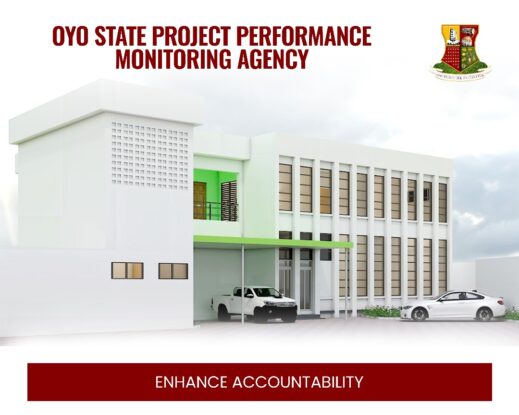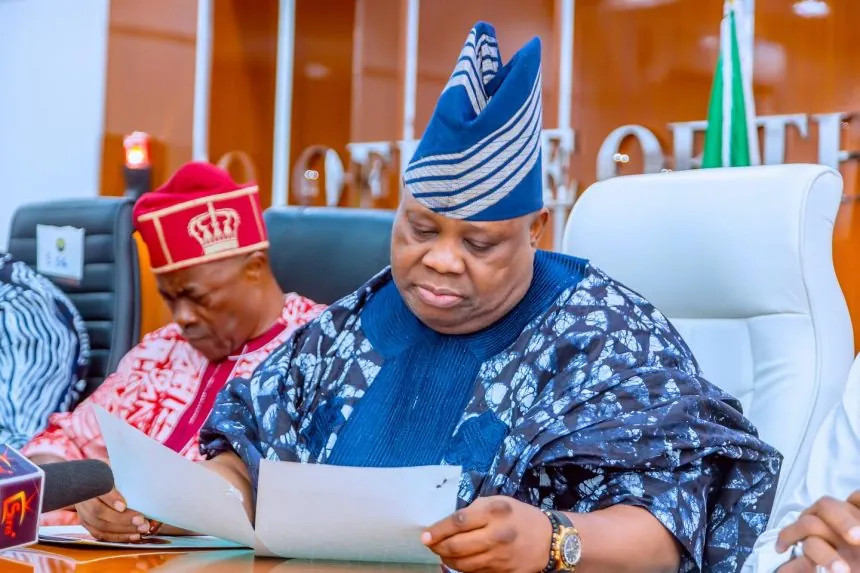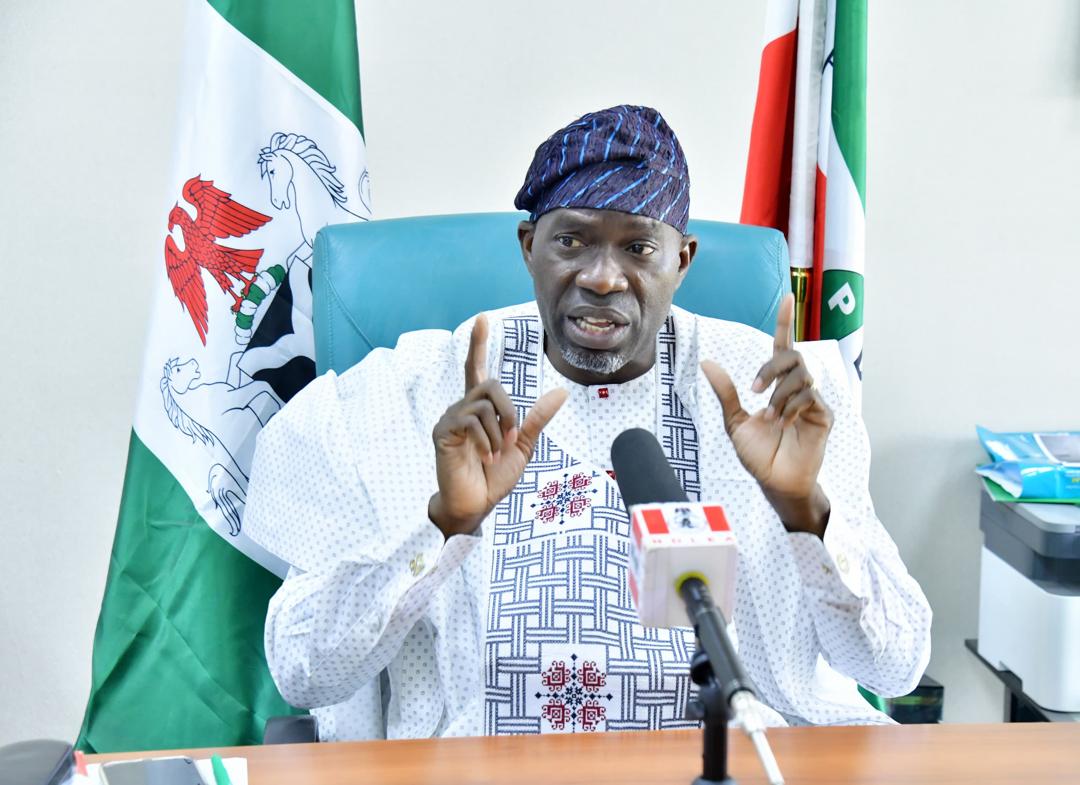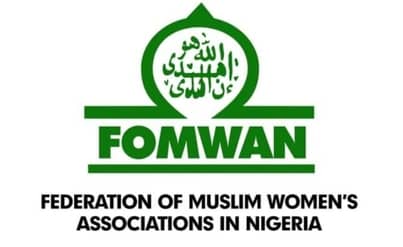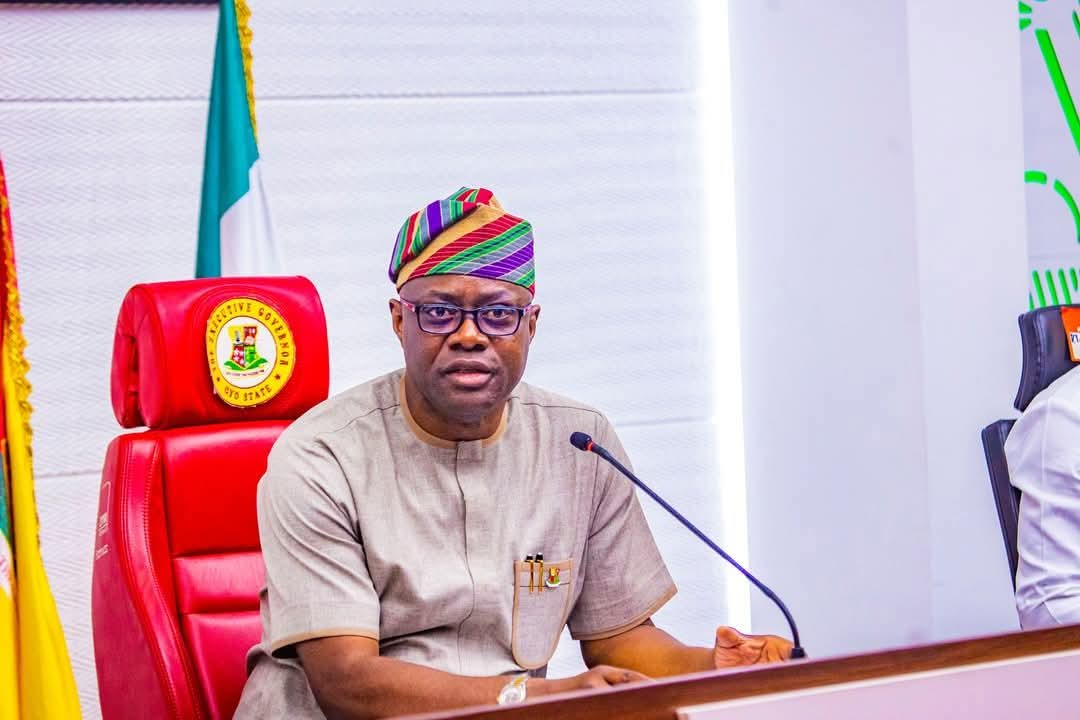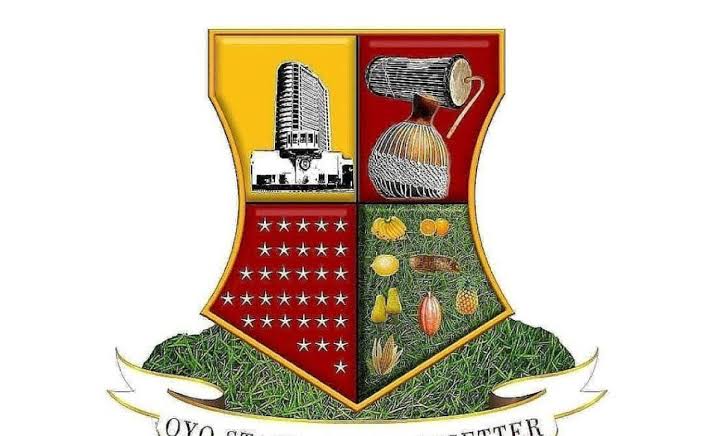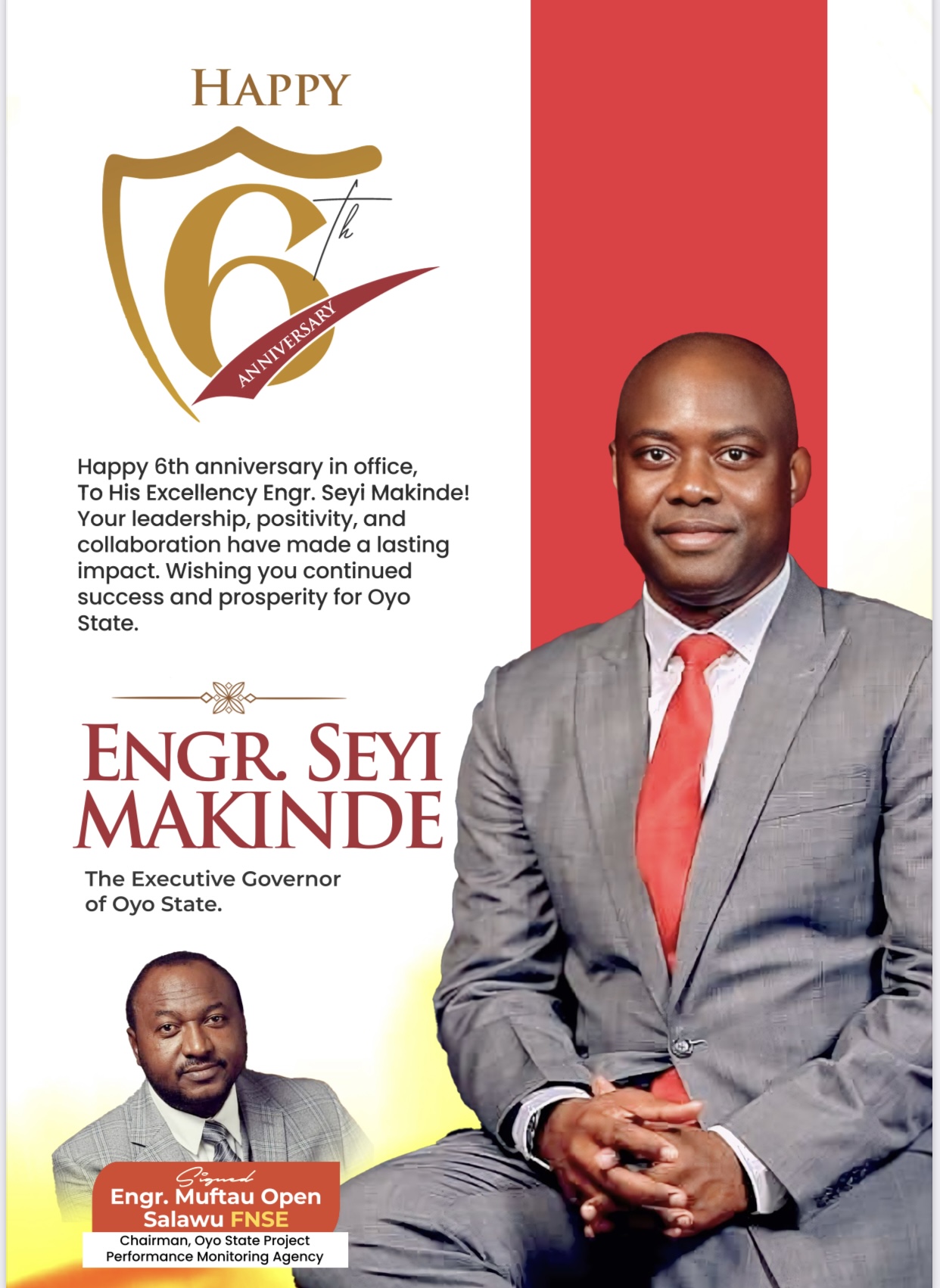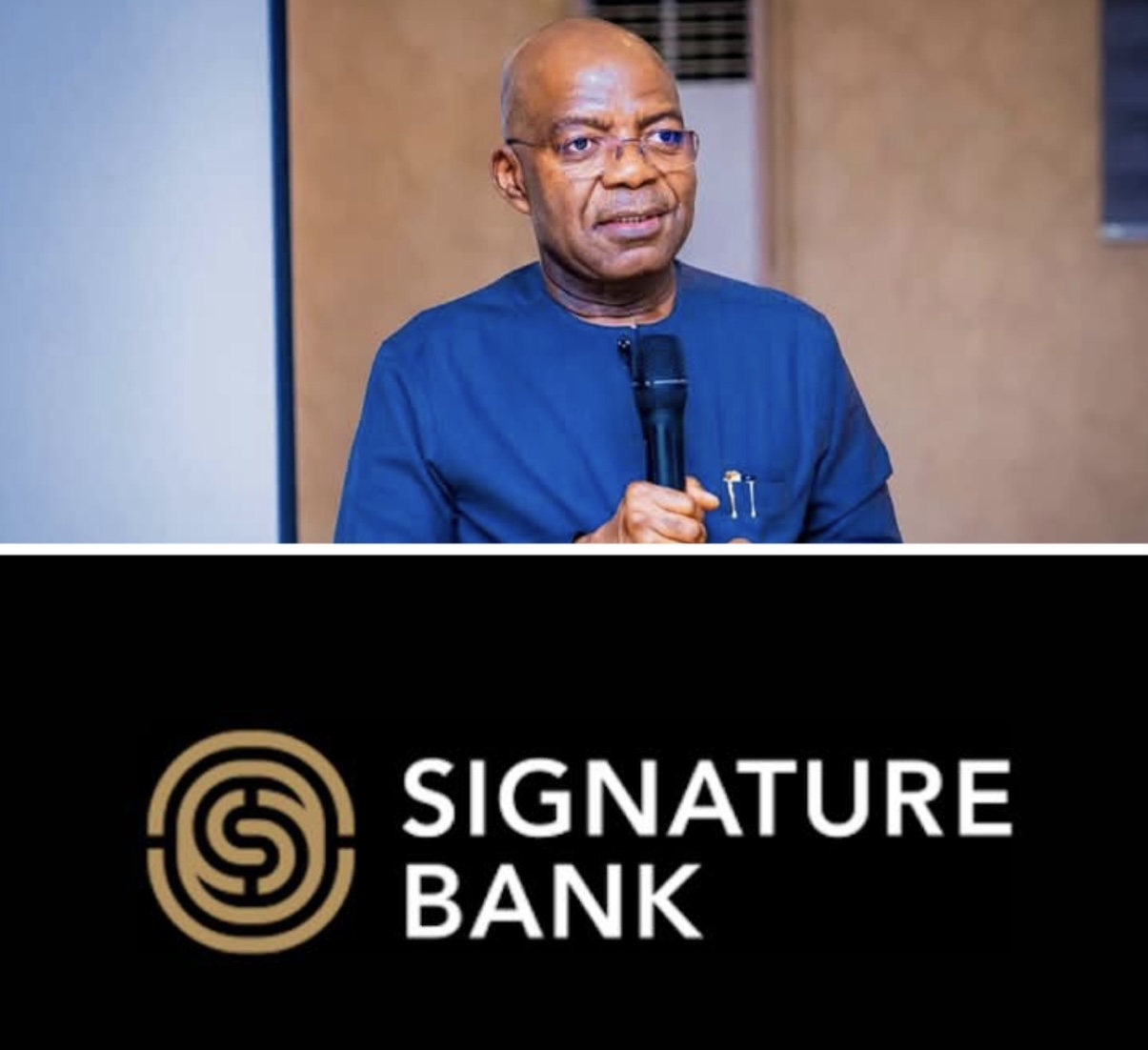Signature Bank’s Dramatic Turnaround Raises Flags Over Potential Conflict of Interest By || Kennedy Onyekwere
In this piece, the opinions expressed are those of the author, Kennedy Onyekwere, and do not necessarily reflect the views of MOUTHPIECE NGR.
In a surprising turnaround that has caught the attention of Nigeria’s financial sector, Signature Bank Limited, once considered a struggling institution reported a profit before tax of ₦768.05 million for the 2024 fiscal year. This sharp reversal follows a ₦2.87 billion loss in 2023, at a time when the bank was widely viewed as unlikely to meet the Central Bank of Nigeria’s recapitalisation requirements.
Established in 2022 by Governor Alex Otti, Signature Bank began with a single branch on Gana Street in Abuja, later added a Lagos branch before May 29, 2023. Initially regarded as a minor entrant in Nigeria’s highly competitive banking sector, the bank has since 2024, experienced an astonishing transformation. Recent financial disclosures show gross earnings skyrocketed by over 374%, from ₦2.69 billion in 2023 to ₦12.84 billion in 2024. Total assets surged from ₦61.22 billion to ₦178.9 billion, while customer deposits climbed by 233% to ₦130.6 billion. Between May 2023 and the end of 2024, the bank expanded aggressively, opening over a dozen new branches across key cities including Port Harcourt, Aba, Umuahia, Asaba, Kano, Owerri, Kaduna, Warri, Uyo, Onitsha, and Enugu.
At the bank’s third Annual General Meeting, Acting Chairman Alhaji Tijjani Borodo attributed the success to “deeper market penetration,” a “diversified revenue base,” and “disciplined execution of strategic priorities.” Acting MD/CEO Dr. Chidiebere Nwokeocha described 2024 as a year of “bold progress” and renewed confidence in the bank’s growth strategy.
Yet beneath the celebratory tone, growing controversy surrounds the bank’s abrupt rise, particularly its rumored close ties to the Abia State Government under Governor Alex Otti. Allegations are mounting that the state’s finances are being strategically funneled through Signature Bank, giving it an unfair edge and raising concerns about transparency, possible abuse of power and potential conflict of interest.
According to sources, federal allocations as FAAC, JAAC and internally generated revenue meant for Abia State are initially received through established banks such as UBA and Union Bank before being redirected en masse to Signature Bank. Further reports claim that state civil servants, pensioners, and contractors are being compelled to maintain accounts with the bank to receive salaries and payments.
It was also reported that Contractors involved in the state’s primary healthcare projects were mandated to pay an acceptance fee of ₦60 thousand into an account with Signature Bank as a prerequisite for executing the contract.
The situation has stirred concern within Umuahia’s banking sector, where older, more established institutions are reportedly struggling as government business flows overwhelmingly to Signature Bank. Analysts say the financial windfall enjoyed by the bank coincides suspiciously with rising state debt and allegations of overpriced infrastructure delivery under the current administration.
“Signature Bank’s sudden rise defies normal industry expectations,” said one financial analyst who requested anonymity. “If these allegations prove true, it’s not just a banking success story, it could be a textbook example of state-backed favoritism.”
As the bank enjoys its newfound profitability and industry accolades, calls are growing for an independent investigation into its relationship with the Abia State Government. For many, the core question remains: is Signature Bank a case study in strategic excellence or the beneficiary of a carefully orchestrated financial scheme?
Kennedy Onyekwere
Write ✍️ from Uturu
Isiukwuato LGA
